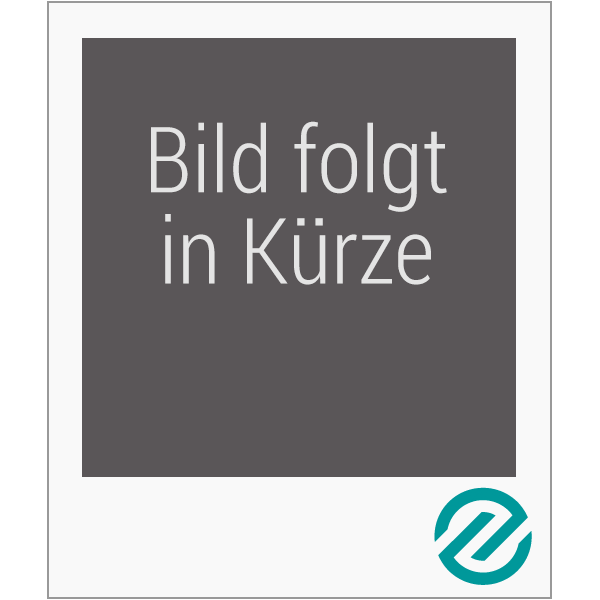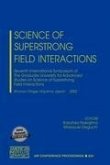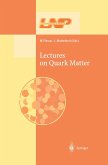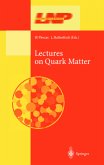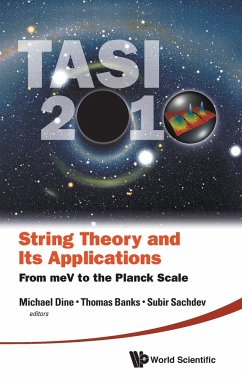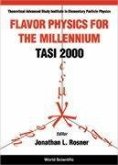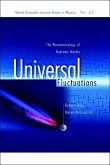Nuclear and particle physicists are searching for evidence of a new state of elementary matter with the constituents of nucleons and quarks, roaming freely in a deconfined state known as the quark-gluon plasma. To create the required conditions for this new phase to occur in the laboratory, relativistic heavy ion experimental facilities have been developed where heavy nuclei can collide at highly relativistic energies. Such collisions have the potential to provide, albeit for a very short time duration, the high energy density and temperature within an extended elementary volume, allowing the formation of this new phase. This text, co-authored by many experts, provides an elementary introduction and also surveys current experimental accomplishments. Many students participated in the write up of the lectures which are thus at an accessible level. An introduction to the research program in Latin America is offered in the spirit of the Pan-American Advanced Study Institute.
